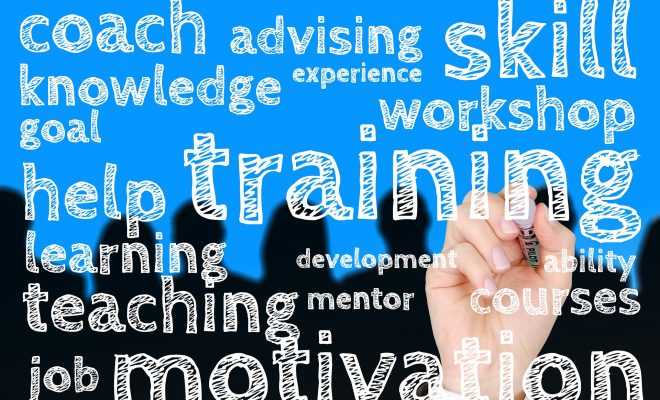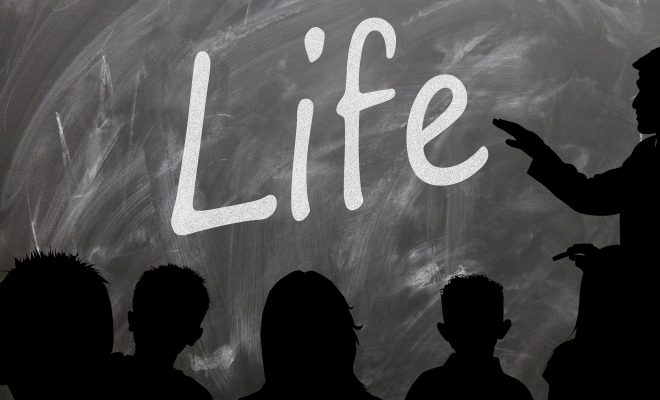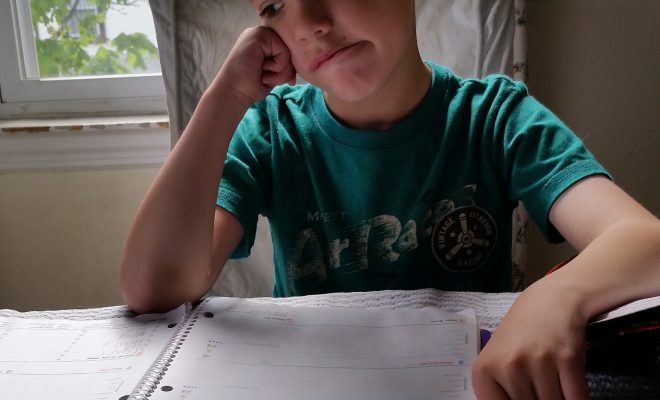Pass or Fail: Social Promotion in Schools – How We Got Here

In this multi-part series, I provide a dissection of the phenomenon of retention and social promotion. Also, I describe the many different methods that would improve student instruction in classrooms and eliminate the need for retention and social promotion if combined effectively.
While reading this series, periodically ask yourself this question: Why are educators, parents and the American public complicit in a practice that does demonstrable harm to children and the competitive future of the country?
Does social promotion really help students, or is it an easy way out for educators?
Social promotion is the practice of promoting a child to the next grade level, regardless of skill mastery, in the belief that it will promote self-esteem by allowing the student to “keep up” with their peers. Despite criticisms and problems with social promotion policies, the practice remains common, even today.
Previously marginalized groups, including African Americans, Native Americans, Hispanics, women, and students with disabilities began to demand that schools stop labeling children as “defective,” advocating for the better adaption of schools and the education system as a whole, to meet the learning needs of children. By the 1980s, in fact, the practice of homogeneous grouping and the associated practice of tracking were also under fire, with the criticism that not only did ability grouping reflect class- and race-based inequalities, but that such practices perpetuated them.
While there was heavy criticism of the justification schools used to support social promotions as an alternative for certain categories of children, criticism from other sectors were levied against the practice of social promotion across the nation. In 1983, A Nation at Risk – a report on the status of education in the United States written by the National Commission on Excellence in Education – stated that the nation was in peril due to the mediocrity of its public schools. The nation, the report suggested, was at a disadvantage when competing economically with Japan and West Germany, largely due to the poor state of education. A Nation at Risk called for reforms that would increase academic standards, improve teacher quality, and reform the curriculum. Education based on standards of what all children should know and be able to do would, critics argued, reduce the practice of social promotion that contributed to the poor quality of education in the nation.
A Nation at Risk caught the attention of the American public, and by the mid-1980s most Americans believed that promotion should be based on students’ mastery of grade-appropriate content and knowledge. By 1998, the Clinton Administration was overtly calling for the end to social promotion. In the era of No Child Left Behind that followed, many states passed legislation that explicitly prohibited promotion of children who did not reach specific levels of performance on state-mandated assessments.
The practices of retention and social promotion evolved over time, as a substantial number of children did not fit easily into the rigidly organized age-grade system of schooling. Reformers have focused on structuring an efficient system of public education without really considering the relationship between efficiency and quality. Their decisions and actions have often resulted in a focus on ways to sort and separate students to enhance a regimented efficiency for schooling in a largely test-focused way.
The idea of common education persists today, however, in the form of standards that all children should know and be able to do throughout the various stages of their education. The goal of this effort would minimize social promotion, although social promotion and retention continue to exist.
Education reformers and stakeholders will continue to explore contemporary iterations of retention and promotion practices and their impact on students. The ultimate goal being that children continue to learn and progress efficiently, over the span of their public education career.
Does social promotion have a place in contemporary public schools?






